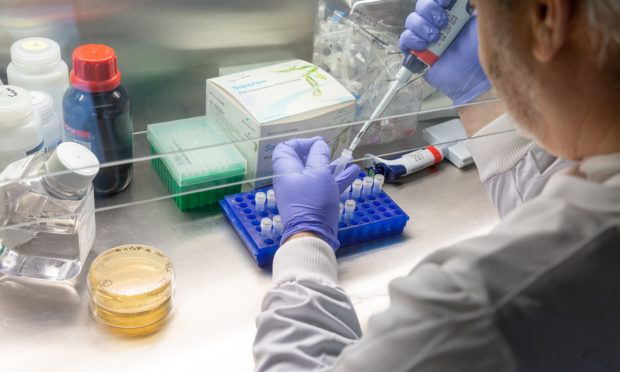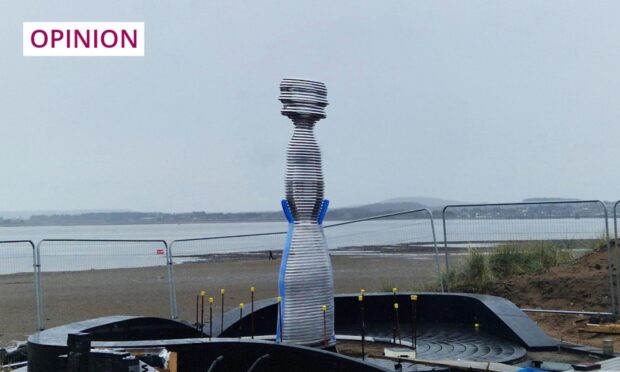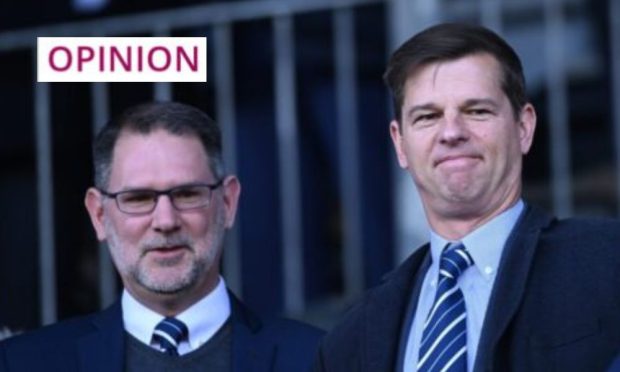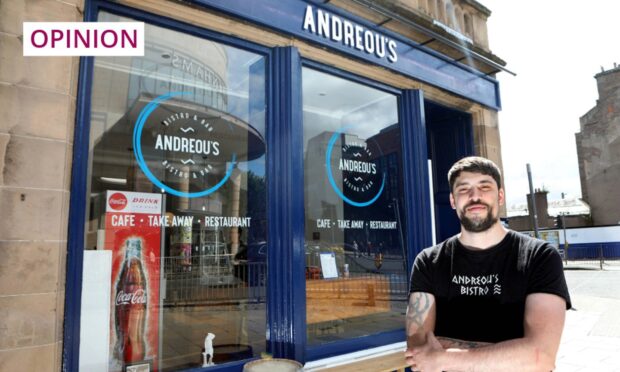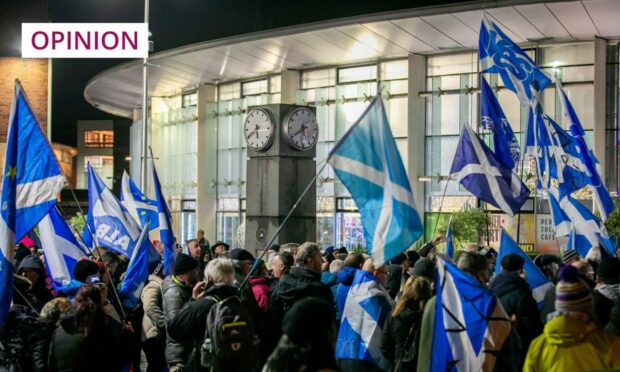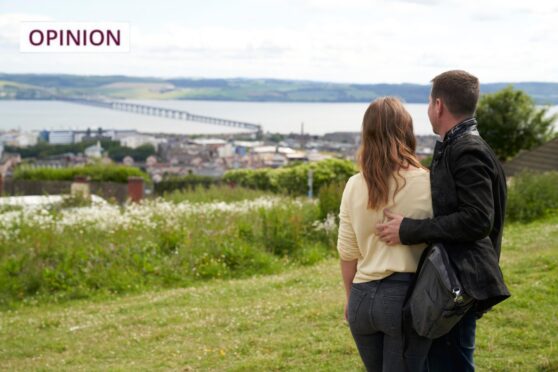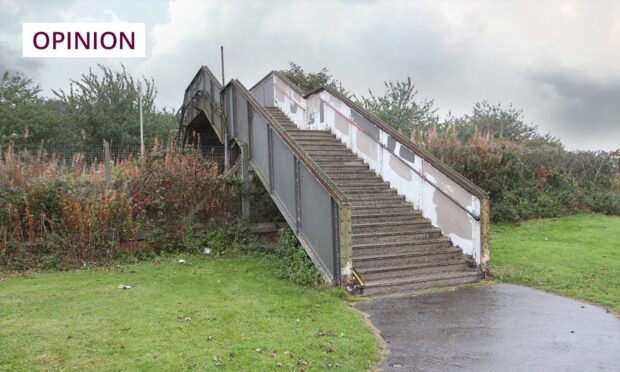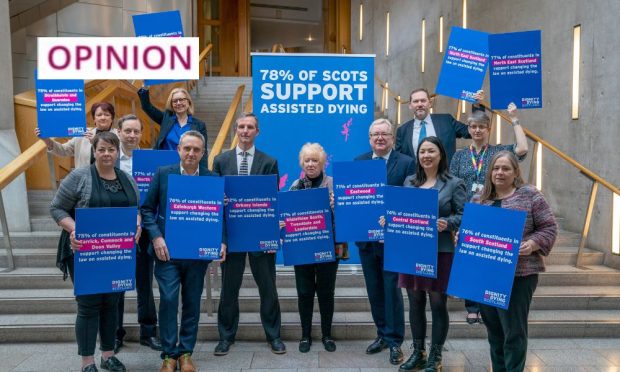Sir, – I will start by accepting that Covid-19 is a horrible killer and we must do everything we can to beat it.
However, I am getting increasingly frustrated at hearing that it is unprecedented.
Every year globally millions of people die due to viral infections.
In the UK we refer to “the flu season” as if it’s something to look forward to like the football season.
Every year in the UK thousands of people die due to the flu and related effects.
In the winter of 1975/76 there were 58,100 excess deaths in England and Wales caused by the flu.
That should have been a major warning and subsequent governments should have ensured that medical staff and care workers had the correct protective equipment to prevent contamination.
In 2017/18 there were more than 56,000 excess deaths caused by the flu and other viral infections.
One thing that all these excess deaths have in common is that the majority are among the over 65s.
Another thing in common is that they are all preventable.
With Covid-19, people seem to be putting too much faith in vaccines.
There have been flu vaccines available for decades but still people are dying every year.
Last year the flu jab protected only 10.1% of people who had it, with the worst protection being among the over 65s.
The Westminster government has been warned to expect a major pandemic for many years now.
They even undertook their own research and chose to ignore the results.
That culminated in the situation we face now with no protective equipment available and the NHS having to scrabble around for what can be found.
The details of annual flu reports can readily be found on the GOV.UK website and they make for horrible reading.
As a person in their 70s I want it known that I believe that I have many good years left in me and I certainly am not ready to become a statistic in the annual cull of oldies due to the flu or Covid-19 or any other bug that might be around.
How about next Thursday don’t stop by merely clapping the health worker.
How about getting on to your politicians and insisting that correct protective equipment be sought for everyone who needs it.
Harry Key.
20 Mid Street,
Largoward.
Masks can make a big difference
Sir, – I have been shouting from the rooftops about wearing masks during the pandemic.
I am positive that masks could have saved thousands of lives and billions of pounds and would have meant a less severe lockdown.
The so-called experts have done too little too late at every step of the fight against the virus.
I hope they saw the news report from Vietnam where everyone was wearing masks, even toddlers.
When are the experts going to waken up and look at what is happening in South Korea and Vietnam?
Donald Wilson.
1 Ladeside,
Kinross.
Subordinating Scotland
Sir, – In response to Alex Bell’s opinion that our first minister follows rather than leads, Regina Erich (Old narratives are stale in face of pandemic, Courier, May 5) compares Nicola Sturgeon to a minister-president of a devolved German lander.
Taking Ms Erich’s logic to its natural conclusion imparts English regional status on Scotland.
The relationship between Angela Merkel and the devolved German regions is clearly that of a single unified country.
The union between England and Scotland is an entirely different matter.
Germany and Belgium share a border.
They are also partners in a union of European countries finding common cause in dealing with the Covid-19 virus. So far, Ms Erich’s comparison is valid.
However, this union grants no authority over Sophie Wilmes’ Belgian government should they wish to implement policies judged by them to be beneficial to their citizens’ wellbeing, even if Chancellor Merkel disagrees.
There may come a point in the future when our fully mandated Scottish Government decides to fundamentally diverge from London’s approach.
This will not result from an attempt, “to ‘other’ Scotland from the rest of the UK” as Ms Erich believes, but simply one country’s leadership implementing policies deviating from its neighbour’s.
Quite why so many Scots bestow subordinate status is a riddle, wrapped in a mystery, inside an enigma.
Ken Clark.
c/o 15 Thorter Way,
Dundee.
Better and more productive lives
Sir, – Having read the article concerning Sir Hew Strachan, St Andrews professor of international relations, (Get some in! Call to bring back national service, Courier, May 5) I felt compelled to respond to his suggestion.
As a youngster, having just embarked on a career in journalism with DC Thomson & Co Ltd, I was, within a year, obliged to embark on two years’ national service with the Royal Air Force, like many others of similar age.
For most of us, this was our first time away from home and it proved to be a daunting experience.
From day one we were housed in wooden hut communal accommodation, called billets, and had to endure the disciplinarian attitudes of drill instructors and other enforcement personnel. Although some of my colleagues broke down on occasions, the overall effect of the training and instruction we were given produced men who would no doubt, on demob, go home to be good citizens and employees.
Given that some other countries are embarking on the reintroduction of national service, I say, why not for our country?
In these times of substance abuse and young people bucking authority, it might be a means, if nothing else, to give certain young people a purpose and vision for a better and more productive life.
Ron Caird.
East Station Place,
Newport-on-Tay.
Remembering Soviet sacrifices
Sir, – Tomorrow marks VE Day, an opportunity to commemorate the formal acceptance by the Allies of Nazi Germany’s unconditional surrender of its armed forces.
Naturally we will focus on the key role played by ourselves, the Americans, French and others in the liberation of German-occupied Europe. However, one should not forget the Soviet Union’s crucial role in winning the war.
Starting in 1941 the Soviet Union bore the brunt of the Nazi war machine and played perhaps the most important role in the Allies’ defeat of Hitler.
By one calculation, for every single American soldier killed fighting the Germans, 80 Soviet soldiers died.
An estimated 26 million Soviet citizens died during the Second World War, including as many as 11m soldiers.
At the same time, the Germans suffered three-quarters of their wartime losses fighting the Red Army. The Russians paid almost the entire bill for defeating Nazi Germany, accepting 95% of the military casualties of the three major powers of the Grand Alliance.
By some accounts 60% of Soviet households lost a member of their immediate family.
We should not forget their key role in winning the Second World War in Europe.
Alex Orr.
2/3 Marchmont Road,
Edinburgh.
